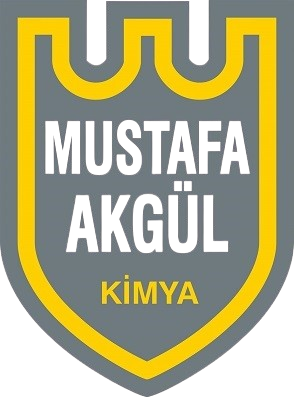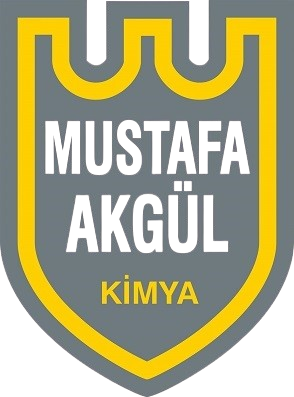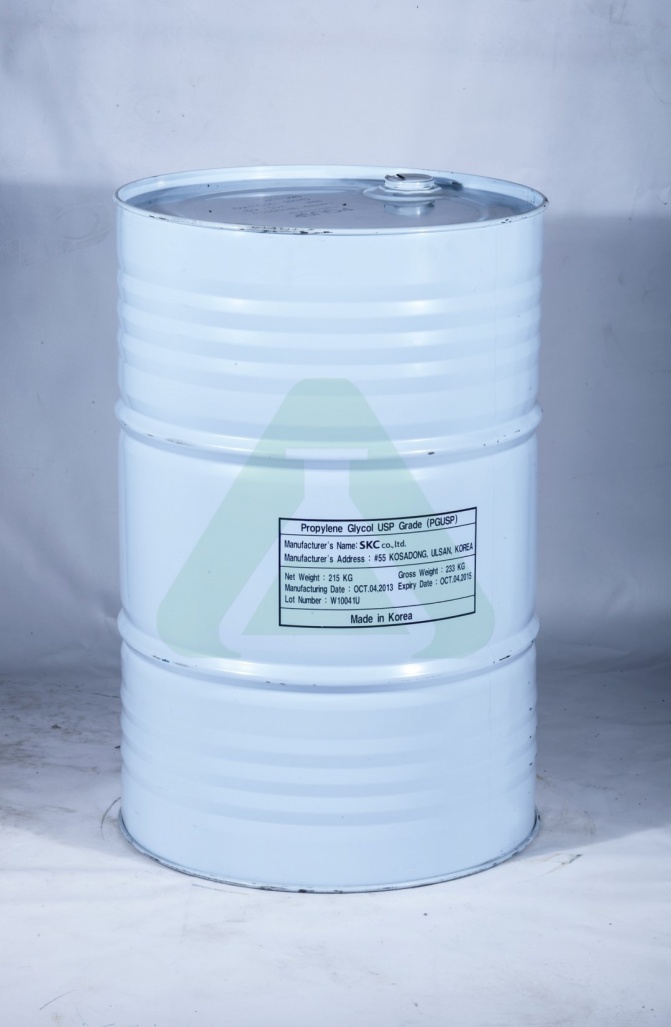Definition and Uses :
Propylene glycol, also called propane-1,2-diol, is a synthetic organic compound with the chemical formula C3H8O2. It is a viscous colorless liquid that is odorless but has a slightly sweet taste. It is chemically classified as a diol and is miscible with a wide range of solvents such as water, acetone and chloroform.
It is produced on a large scale and is used primarily in the production of polymers, but also sees use as a process fluid in food processing and low-temperature heat exchange applications. In the European Union, it has the E-number E1520 for food applications.
Propylene glycol is a clear, colorless and hygroscopic liquid. Propylene glycol contains an asymmetric carbon atom, so it exists in two enantiomers. The commercial product is a racemic mixture. Pure optical isomers can be obtained by hydration of optically pure propylene oxide.
It is a low volatility, water, alcohol and ether miscible, high purity clear colorless solvent. It is especially suitable for cosmetic applications. It is neutral and hygroscopic. It is miscible with water in all proportions, less miscible with alcohols, esters and ketones. Propylene glycol is a germicide with approximately equal strength to ethanol. It stops the growth of microorganisms in solutions. The desired effect is generally achieved with a concentration between 15-30%. It is produced especially in high purity and odorless properties in order to meet the needs of the cosmetics industry.


